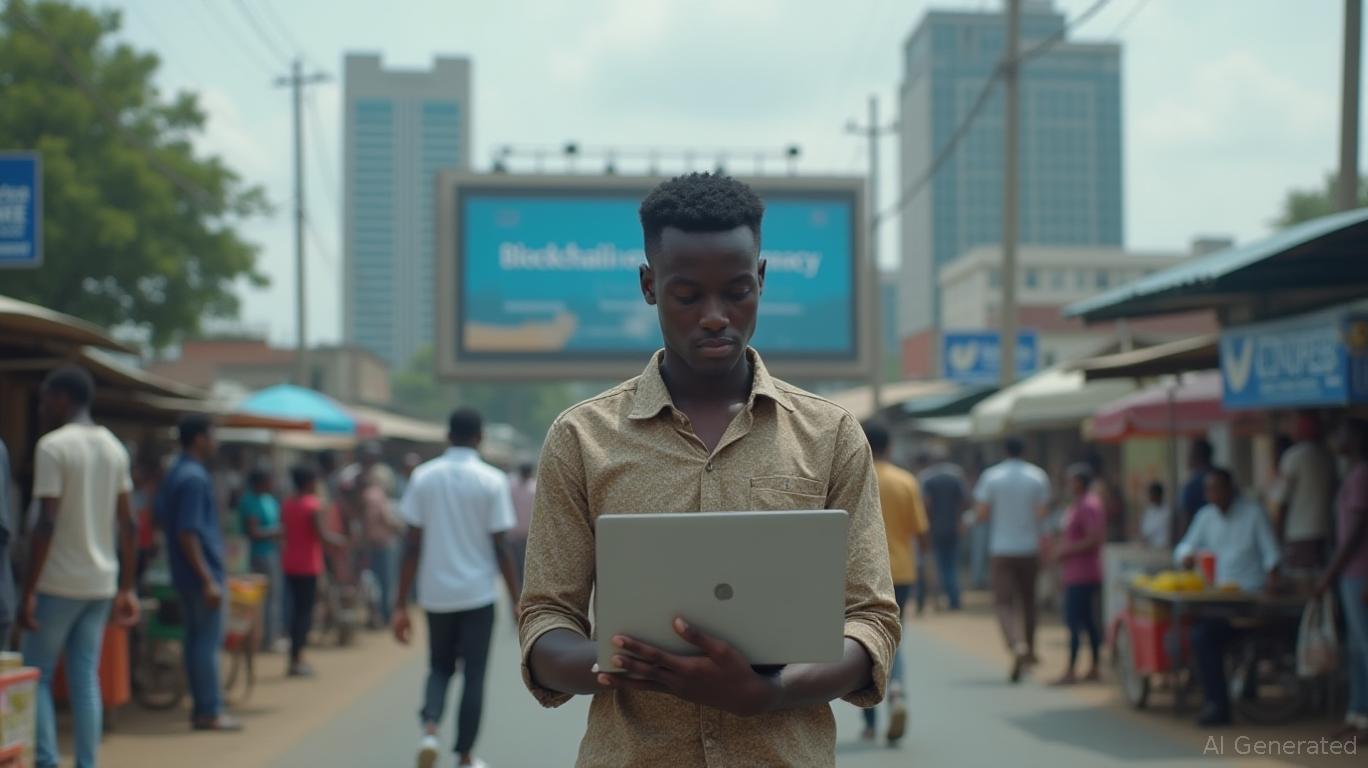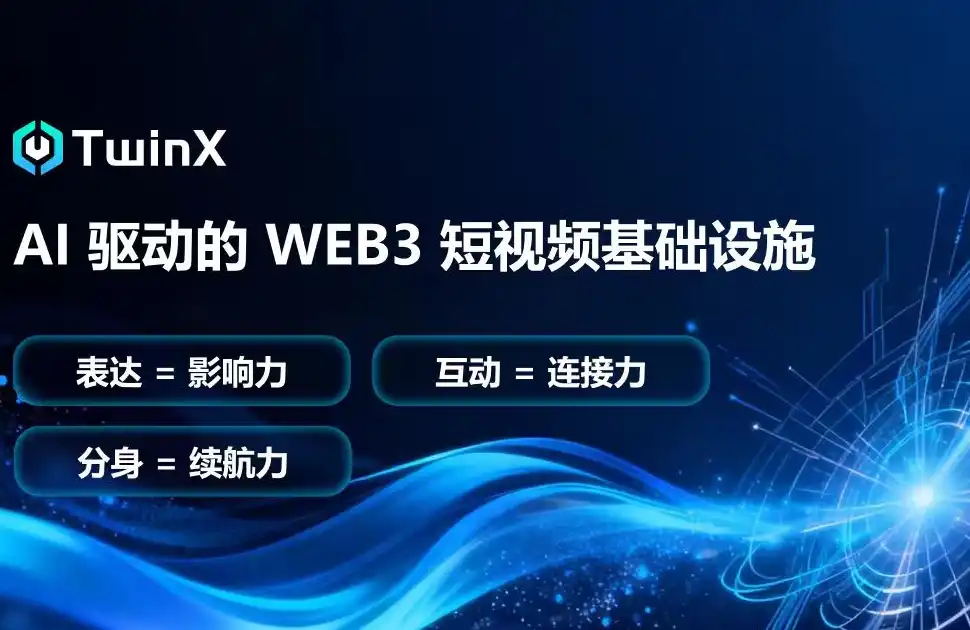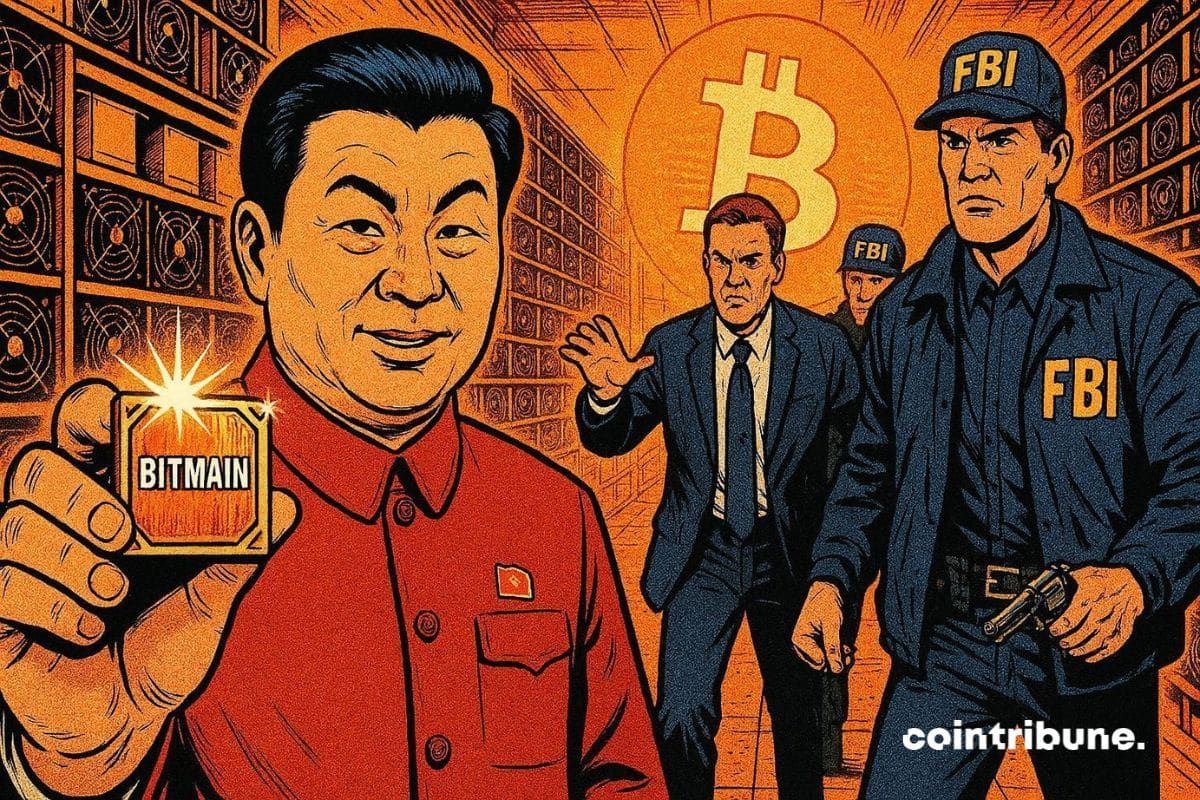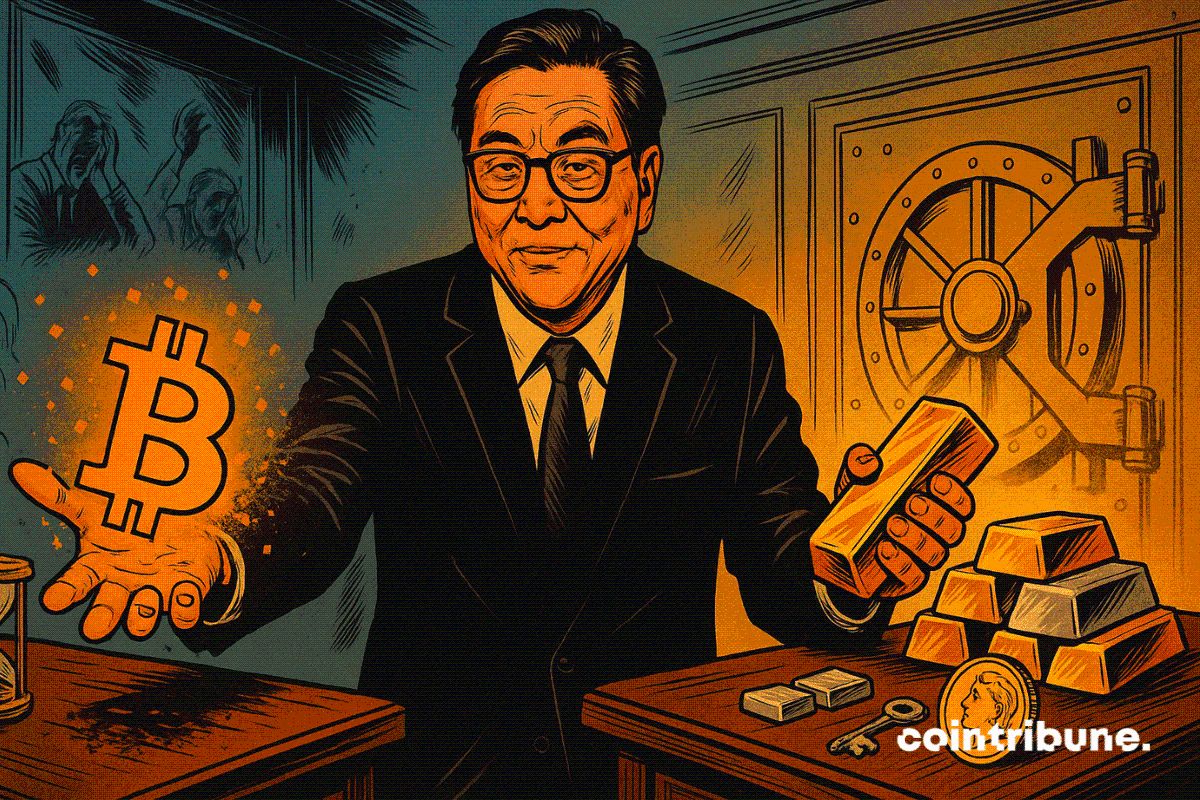Nigeria's Blockchain Gamble: Can Code Fix a Fractured Democracy?
- Nigeria explores blockchain to enhance electoral integrity and public trust ahead of 2027 elections. - Blockchain aims to address voter registration issues via immutable records and smart contracts for real-time eligibility checks. - Experts propose hybrid voting systems (online tokens + physical cards) to bridge Nigeria's 60% internet access gap. - Challenges include political resistance to transparency, cybersecurity risks, and institutional reforms for impartial INEC appointments.
Nigeria is exploring blockchain technology as a potential solution to strengthen electoral integrity and restore public trust in its democratic processes ahead of the 2027 general elections. With a history of challenges such as duplicate voter registrations, weak integration with national databases, and declining voter turnout, the Independent National Electoral Commission (INEC) has initiated a nationwide Continuous Voter Registration (CVR) exercise. The process, which includes both online pre-registration and in-person registration, aims to update the voter registry and reduce errors such as duplicate entries and missing information.
Blockchain is being considered as a key innovation to address these persistent issues. The technology offers immutability, decentralisation, and transparency, which can enhance the reliability of voter registration. According to Yiaga Africa’s research, the use of blockchain can help integrate voter data with national databases such as the National Identification Number (NIN) and the National Population Commission (NPC) database. This would enable the automatic removal of ineligible voters, such as minors or deceased individuals, through the use of smart contracts—self-executing codes that enforce eligibility criteria in real time.
Safiya Bichi, Head of Knowledge Management and Learning at Yiaga Africa, highlights that blockchain can provide a tamper-proof record of voter information, preventing manipulation through overbloating or underrepresentation in the voter rolls. Once registered, a voter’s data becomes part of an immutable digital footprint, ensuring that changes or deletions are visible to all participants in the system. This level of transparency could help reduce fraud and enhance public confidence in the electoral process.
The potential of blockchain extends beyond voter registration to electronic voting and result transmission. Countries such as India, Estonia, and Sierra Leone have experimented with blockchain-based systems to improve election transparency and voter access, particularly for diaspora communities. Olayinka Omoniyi, a blockchain expert, argues that Nigeria could adopt a hybrid system combining online and in-person voting. In this model, urban, tech-savvy voters could cast their ballots remotely using tokens or non-fungible tokens (NFTs), while rural or less digitally literate voters would use physical cards at blockchain-integrated polling stations.
However, the implementation of blockchain in Nigeria’s electoral system is not without challenges. Political will remains a critical barrier, as many leaders benefit from the status quo and may resist reforms that increase transparency. Additionally, Nigeria’s digital divide—60% of the population lacks internet access—requires extensive civic education and infrastructure development to ensure equitable participation. Moreover, cybersecurity concerns persist, particularly with INEC’s history of facing thousands of cyber threats per election cycle. Public blockchains like Solana or Nigeria’s homegrown Bantu Blockchain are being considered for their capacity to handle large-scale transactions securely.
Civil society organisations, including Yiaga Africa, have also raised concerns about the politicisation of INEC appointments and the need for institutional reforms to safeguard the integrity of the electoral process. A two-stage appointment process, involving public participation and open Senate screenings, has been proposed to insulate the commission from political interference. Such measures, alongside technological advancements like blockchain, could help restore trust in the electoral system.
While the feasibility of implementing blockchain-based voting by 2027 is being debated, the consensus remains that Nigeria must act decisively to modernise its electoral infrastructure. By adopting innovative technologies and strengthening institutional safeguards, the country has the potential to become a continental leader in democratic innovation, setting a precedent for other African nations grappling with similar electoral challenges.
Source:

Disclaimer: The content of this article solely reflects the author's opinion and does not represent the platform in any capacity. This article is not intended to serve as a reference for making investment decisions.
You may also like
Empowered by AI Avatars, How Does TwinX Create Immersive Interaction and a Value Closed Loop?
1. **Challenges in the Creator Economy**: Web2 content platforms suffer from issues such as opaque algorithms, non-transparent distribution, unclear commission rates, and high costs for fan migration, making it difficult for creators to control their own data and earnings. 2. **Integration of AI and Web3**: The development of AI technology, especially AI Avatar technology, combined with Web3's exploration of the creator economy, offers new solutions aimed at breaking the control of centralized platforms and reconstructing content production and value distribution. 3. **Positioning of the TwinX Platform**: TwinX is an AI-driven Web3 short video social platform that aims to reconstruct content, interaction, and value distribution through AI avatars, immersive interactions, and a decentralized value system, enabling creators to own their data and income. 4. **Core Features of TwinX**: These include AI avatar technology, which allows creators to generate a learnable, configurable, and sustainably operable "second persona", as well as a closed-loop commercialization pathway that integrates content creation, interaction, and monetization. 5. **Web3 Characteristics**: TwinX embodies the assetization and co-governance features of Web3. It utilizes blockchain to confirm and record interactive behaviors, turning user activities into traceable assets, and enables participants to engage in platform governance through tokens, thus integrating the creator economy with community governance.

Aster CEO explains in detail the vision of Aster privacy L1 chain, reshaping the decentralized trading experience
Aster is set to launch a privacy-focused Layer 1 (L1) public chain, along with detailed plans for token empowerment, global market expansion, and liquidity strategies.

Bitcoin Under Pressure Despite Fed Optimism

Kiyosaki Trades BTC Gains For Long-Term Cashflow Assets
